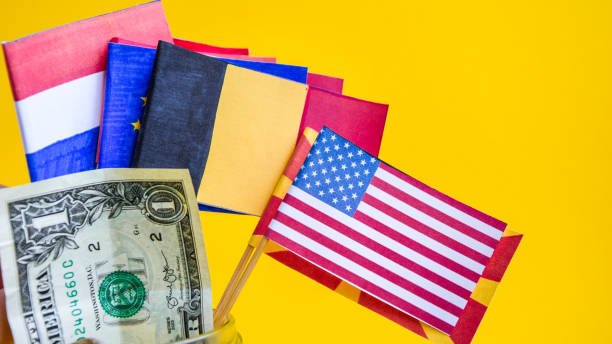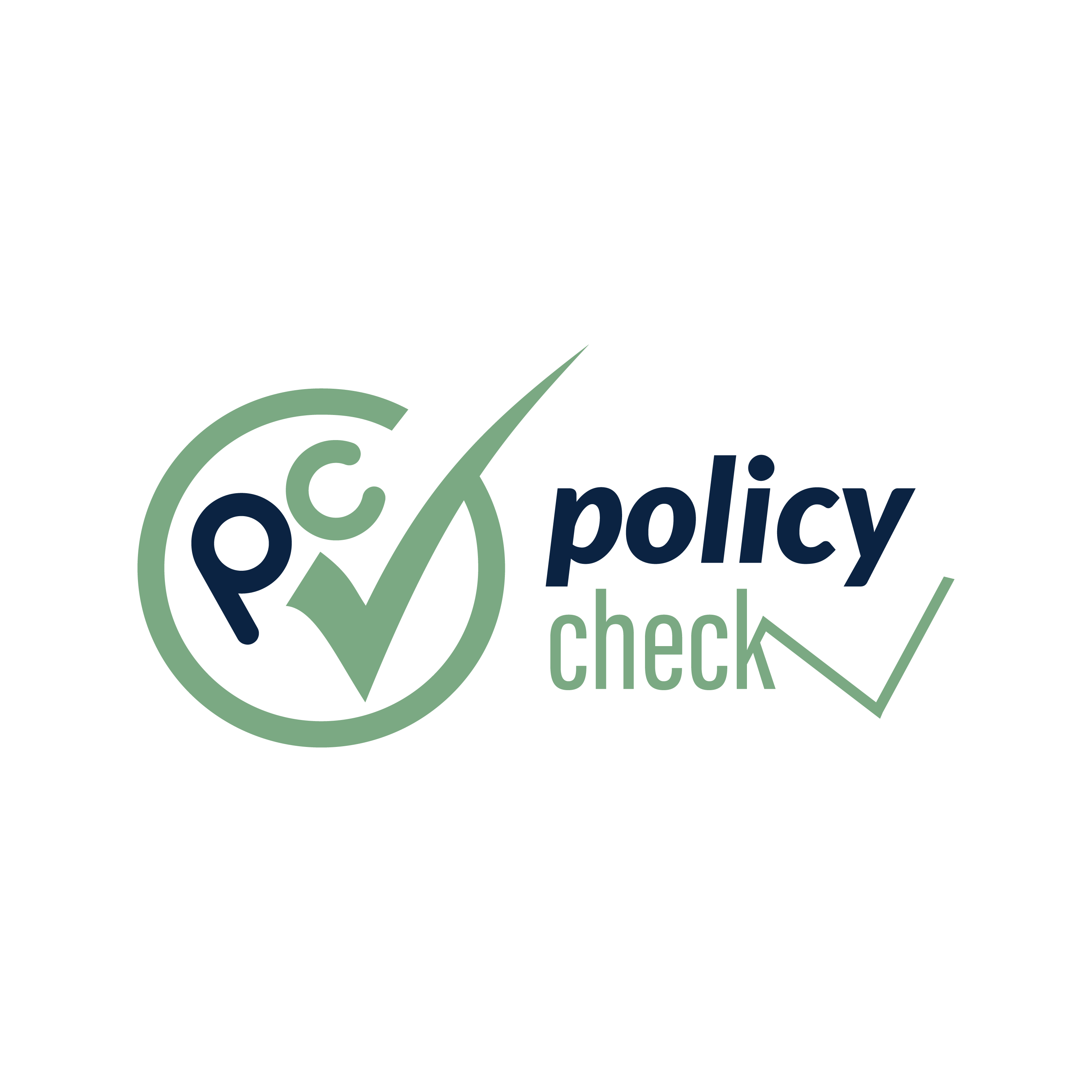Trump tariffs live updates
In a major development that could portray a thaw in age old trade spat, the United States has announced officially a revision of the “de minimis” tariff level and in a separate development China has announced the lifting of a ban on Boeing aircraft. These moves are happening in the wake of heightened diplomatic talks between the world’s two biggest economies reigniting hopes for a rejigged trade relationship after years of tit-for-tat economic sanctions.
US Reduces ‘De Minimis’ Limit with a view to Ending Loopholes in Importation

The Biden administration in a smart move in economic turnaround announced a new change of policy in the long-standing “de minimis” rule which allows duty free imports in a predetermined value threshold. From the effective date today, the new regulation reduces the threshold from $800 to $400 as the order aims at an influx of low-value goods, specifically goods being imported from the Chinese e-commerce giants that overtook U.S. market in the last few years.
The White House argues that the change is aimed at plugging loopholes that have been abused by the foreign sellers, who often avoid import tax and customs inspection. Officials agree that the new policy would balance the playing ground with the local retailers and manufacturers who have all long complained that the rule is skewed against them in favor of the far players. This move here goes with the aggressive tariff strategy by the former President Donald Trump, however being adapted and implemented by the present administration.
Strategic reaction to a changing global trade scene.
The move to cut the de minimis level comes in the wake of increased pressure on Washington to reclaim the import flows and diminish the level of economic dependence on China. Trade experts view this as a component of the other recalibration of the trade policy since U.S is looking to save critical industries and jobs at home while at the same time respecting the open market ideals.
In addition, this shift in regulation may alter the consumers’ behavior, especially in the e-commerce industry where cheap imports from Chinese portals such as Temu and Shein have exploded in popularity. According to analysts the reduction in tariff might lead to a slight increment in terms of consumer prices but it also presents a ripe opportunity for the local firms to regain the much-needed competitive edge in the market that has been long run by the overseas sellers.
Banning of Boeing 737 MAX or a decision by China

On a parallel note, Chinese aviation authorities have formally lifted the old ban on air crafts of the Boeing 737 MAX type, a decision construed as a gift during the melting trade relations. The ban, which came after two deadly crashes of 2018 and 2019, has practically closed Boeing out of one of its most promising overseas markets.
The Civil Aviation Administration of China (CAAC) confirmed that it had looked it and approved safety improvements made to the aircraft signaling restored level of confidence in compliance to international aviation standards by Boeing. The move will create billions of potential revenue for the U.S.- headquartered aerospace giant and breathe life to dormant supply chain contracts in various states.
The trade analysts consider China’s move as a peaceful gesture to the capital of the US, especially in relation to the timing of the announcement. It emphasises on Beijing’s readiness to re-emerge into mutually beneficial commercial exchanges and foreshadows a larger scheme to make the turbulent relationship more stable before the possible bilateral trade talks this year.
Revitalised Diplomatic Backchanneling Under the Cover
Behind the surface policy changes, behind-the-scenes negotiations are said to have been secretly taking place behind the scenes for months. Senior trade officials in two giant economies of the world i.e. U.S and China have been meeting in neutral areas devising a malleable structure for reducing economic aggressions. Although there is no formal trade agreement announced, the recent developments point towards both the sides wanting to leave the combative stance that had been taken during the trade war period.
The White House has been rather optimistic, but with caution, on the developments: still, the country’s tariff enforcement plays a significant part of the U.S. trade policy, but the administration is also determined to bring economic cooperation back with China. Speaking at the recent conference, the U.S. Trade Representative Katherine Tai put it that “strategic competition does not preclude areas of constructive engagement”.
Implications for the World Markets and Negotiations on Trade in the Future
Markets moved fast on the news with Boeing stocks jumping on the news of lift on the ban. At the same time, the retailers and import-reliant businesses are redefining their strategies with regards to new de minimis threshold. Although some analysts think that such changes would be volatile in the short term, others are of the opinion that they are steps to a more certain future for trade between the two powers.
The changes are indicative of a general change in the global trade dynamic where regulatory acuity and innocent diplomacy is supplanting the crude instruments of global tariffs and sticks. Observers expect that should both sides remain on this course of actions, a formal trade dialogue may be restarted within a few months, and the world’s economic order will be remade to reflect a post-pandemic, multipolar world.
Conclusion: A Crossroad in the US-China Trade Relations?
The recent actions by Washington and Beijing look like a measured but definite change from the high-stakes trade war of the years past. With the reduction of de minimis tariff and banning of Boeing, both countries seem to make calibrated forays to revive trust and economic interactions. If these actions are a start to a long period of thaw or just a brief pause for a breather is yet to be seen, but for the time being, the global economic community is keeping a close watch, and there is hope again.








